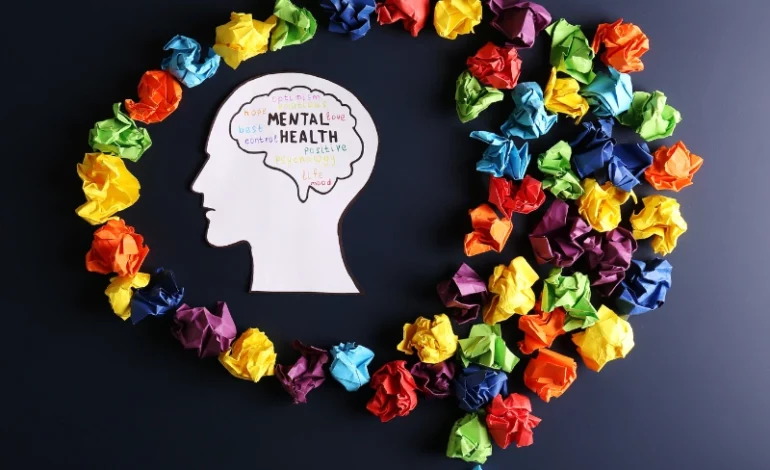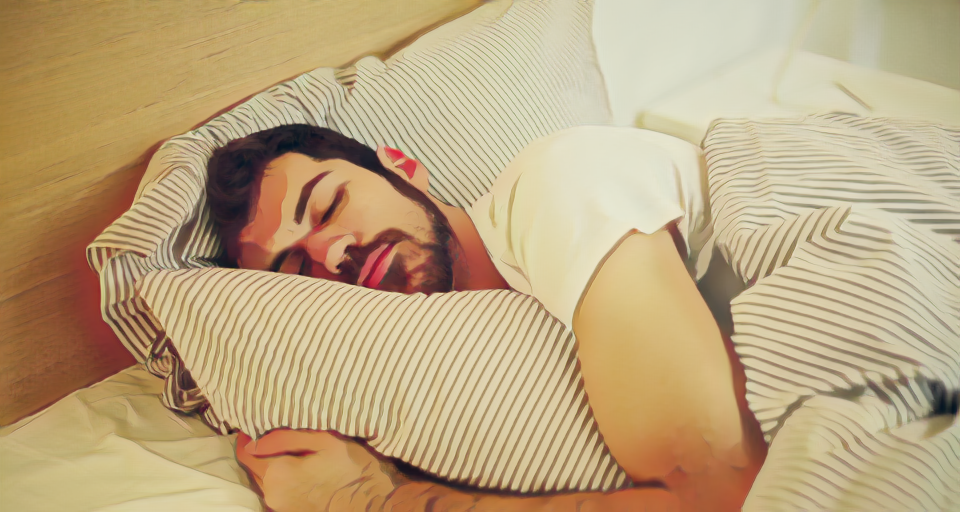
Sleep is a fundamental part of our lives, yet many of us find ourselves tangled in a web of misconceptions about this essential activity. From the age-old eight-hour rule to the belief that napping equates to laziness, sleep myths abound and often lead us astray. These inaccuracies can affect not only how we approach our nightly routines but also our overall health and well-being. Let’s dive into some common sleep myths and uncover the truths behind them. You might be surprised by what you learn!
Myth #1: You Need 8 Hours of Sleep Every Night
The belief that everyone needs exactly eight hours of sleep is a common misconception. Sleep requirements can vary significantly from person to person. Factors such as age, lifestyle, and overall health play crucial roles in determining how much rest you actually need.
Some individuals thrive on just six hours, while others may require ten to feel their best. The quality of sleep matters just as much—if not more—than the quantity. It’s about finding what works for your body.
Listening to your own rhythms is essential. If you’re waking up refreshed and alert after seven hours, there’s no reason to stress about getting an extra hour or two. Emphasizing personalized sleep patterns can lead to better overall well-being.
Myth #2: Snoring is Harmless
Many people dismiss snoring as a mere nuisance, thinking it’s harmless. However, that’s far from the truth.
Snoring can indicate underlying health issues like obstructive sleep apnea. This condition narrows your airways during sleep, leading to interrupted breathing and poor oxygen levels. The impact on overall health is significant.
Moreover, chronic snoring affects more than just the person snoring. It disrupts partners’ sleep quality too, causing fatigue and irritability in both individuals.
Ignoring persistent snoring isn’t wise. Seeking advice from a healthcare professional can help identify potential risks or conditions associated with it.
So next time you hear someone sawing logs at night, remember: it’s not just noise; it could be a signal that something needs attention.
Myth #3: A Glass of Wine Helps You Sleep Better
Many people believe that a glass of wine before bed can enhance sleep quality. While it might seem relaxing at first, the reality is more complicated.
Alcohol can help you fall asleep faster, but it disrupts your sleep cycle. As the night progresses, its sedative effects wear off. This often leads to fragmented sleep and frequent awakenings.
Moreover, alcohol can affect REM sleep, which is crucial for restorative rest. You may feel drowsy initially but wake up feeling groggy the next day.
In addition to this disruption, consuming wine close to bedtime can increase the likelihood of snoring or even more serious breathing issues during sleep.
So while that evening glass might appear appealing, it’s important to consider how it truly impacts your restfulness in the long run.
Myth #4: Napping is for Lazy People
Napping often gets a bad rap. Many people associate it with laziness or lack of motivation. The truth, however, tells a different story.
Research shows that short naps can boost productivity and enhance cognitive functioning. A quick snooze can sharpen your focus and improve your mood, making you more effective in daily tasks.
Consider cultures around the world that embrace napping as part of their routine. In Spain, for instance, the siesta is a cherished tradition. It’s not just about resting; it’s about maximizing energy for the rest of the day.
Rather than viewing naps as signs of weakness, we should recognize them as tools for better health and performance. Embracing this practice could be key to thriving in our fast-paced lives. So next time you feel sleepy after lunch, remember—you’re not lazy; you’re simply recharging!
Myth #5: Your Brain Rests During Sleep
Many people believe that sleep is a time when the brain shuts down. This myth could not be further from the truth. While your body may be at rest, your mind is hard at work.
During sleep, particularly in REM stages, your brain is incredibly active. It processes information, consolidates memories, and even helps regulate emotions. You might dream vividly during this phase as your subconscious weaves together thoughts and experiences.
Research shows that lack of quality sleep can hinder cognitive functions like decision-making and problem-solving. So instead of resting completely, think of sleep as a vital workshop where your brain repairs itself and prepares for another day.
Understanding this fact emphasizes why prioritizing good sleep habits is crucial for mental health and overall well-being. Your brain deserves that time to recharge—it’s far from inactive while you snooze!
Conclusion
Understanding sleep is crucial for our overall well-being. Many of the myths surrounding it can lead to confusion and misinformation.
The idea that everyone needs exactly eight hours of sleep each night might not hold true for everyone. Individual needs vary greatly based on age, lifestyle, and genetics.
Believing that snoring is harmless can be misleading as it may indicate underlying health issues like sleep apnea, which requires attention.
As for the notion that a glass of wine can enhance your slumber? It turns out that alcohol disrupts deep sleep cycles, leaving you more fatigued in the morning.
Napping often gets a bad rap as a sign of laziness when, in fact, short naps can boost focus and productivity. They are an effective tool for many people looking to recharge during the day.
It’s essential to recognize that your brain remains active while you sleep. It processes information and consolidates memories throughout various stages of rest. So saying it “rests” doesn’t quite capture its busy nature at work during those hours.
By dispelling these common misconceptions about sleep, we empower ourselves with knowledge needed to improve our nightly routines and overall health. Understanding what truly affects our rest helps us foster better habits conducive to quality sleeping patterns.









